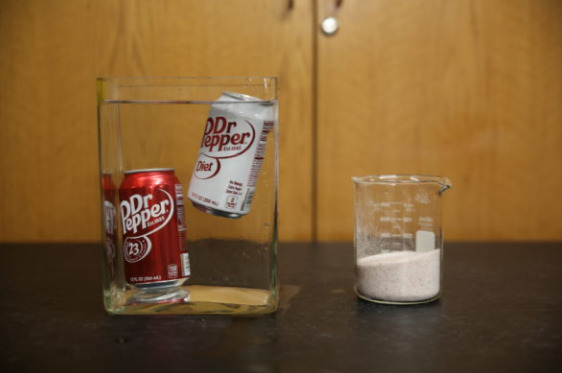
Looking for the answer of how much sugar does a can of dr pepper have? Dr. Pepper, a name synonymous with American soft drinks, has captivated the taste buds of millions worldwide.
As consumers become increasingly health-conscious, understanding the nutritional content of their favorite beverages, like Dr. Pepper is becoming more important.
This article delves into the sugar content of Dr. Pepper, providing a clear perspective on what you’re drinking.
History and Popularity of Dr. Pepper
Dr. Pepper, with its origins tracing back to the 1880s, stands as one of the oldest major soft drink brands in the United States.
Known for its unique 23-flavor blend, it offers a taste distinct from typical colas and sodas. This unique flavor profile often leads to curiosity about its ingredients.
A common question, for instance, is the myth about prune juice, which is intriguingly addressed in “Does Dr. Pepper Have Prune Juice in It?”.
What is Dr. Pepper?
Dr. Pepper is not just a soft drink; it’s a cultural icon with a distinct, spiced cherry flavor. Marketed as a unique alternative to traditional colas, it occupies a special place in the hearts of its enthusiasts.
Its market position, often confused with other cola giants, is clarified in the article “Is Dr. Pepper a Coke Product?”.
Nutritional Breakdown of Dr. Pepper
Nutritionally, a can of Dr. Pepper packs a sugary punch. A standard 12 oz (355 ml) can contains about 40 grams of sugar, alongside other ingredients like carbonated water, caramel color, and artificial flavors.
When compared to other soft drinks, Dr. Pepper’s sugar content is fairly typical, aligning with industry norms.
How Much Sugar Does A Can Of Dr Pepper Have
The 40 grams of sugar in a single can of Dr. Pepper is a significant amount, especially when considering the American Heart Association’s recommendation of no more than 36 grams of added sugar per day for men and 25 grams for women. This high sugar content is a concern in terms of overall health and wellness.
The Role of Sugar in Soft Drinks
Sugar in soft drinks like Dr. Pepper is not just for sweetness; it enhances flavor, provides energy, and helps preserve the drink. However, with health concerns on the rise, many consumers are turning to versions of their favorite drinks with reduced or no sugar, like Diet Dr. Pepper.
Health Implications of Sugar Consumption
Excessive consumption of sugary drinks, including Dr. Pepper is linked to various health issues like obesity, type 2 diabetes, and heart disease.
The short-term and long-term effects of high sugar intake are well-documented, with numerous studies and expert opinions underscoring the need for moderation.
Alternatives to Sugary Soft Drinks
For those looking to reduce their sugar intake, alternatives like diet sodas, natural fruit juices, or simply water offer a healthier choice.
These options can satisfy the craving for a sweet drink without the added sugar and associated health risks.
Conclusion
While Dr. Pepper remains a popular beverage choice, being aware of its sugar content is crucial for making informed dietary decisions. Moderation and understanding are key to enjoying our favorite drinks without compromising our health.
